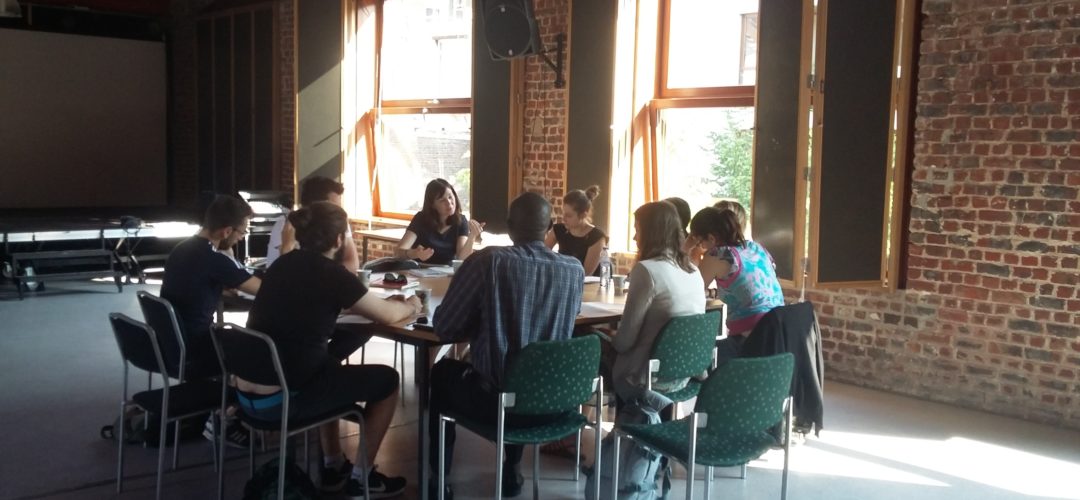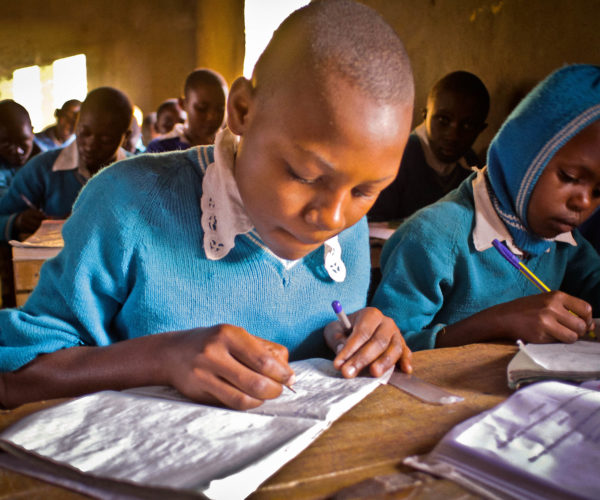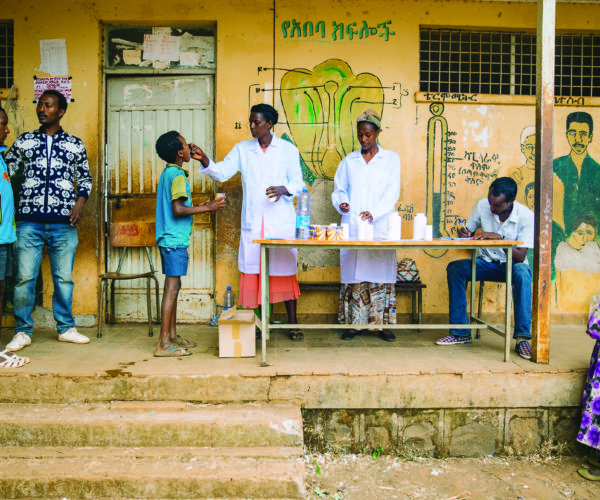European Programme for Integration and Migration (EPIM)
October 15, 2018
The European Programme for Integration and Migration (EPIM), a collaborative fund begun in 2005 and hosted by the Network of European Foundations (www.nef-europe.org), links the resources and expertise of foundations to strengthen the role of civil society in building inclusive communities and developing humane, sustainable responses to migration, based on Europe’s commitment to universal human rights and social justice. Its origins lie in early meetings with a number of prominent foundations, including King Baudouin Foundation, Joseph Rowntree Charitable Trust, Compagnia di San Paolo, Robert Bosch Stiftung, Bernard van Leer Foundation, Calouste Gulbenkian Foundation, and Atlantic Philanthropies. They saw the need for a network where private funders could coordinate their activities on migration and wanted to address inefficiencies in how organizations were approaching funders and in how similar work was coordinated at different levels. Also, competences for policy-making on migration had been increasingly shifted to the EU level, where new engagement accordingly was needed.

EPIM believes that a civil society organization (CSO) voice is crucial to support policy-making relevant to its ultimate beneficiary group: migrants and the societies they live in. Besides making grants, it uses a “funding plus” strategy, providing capacity development, knowledge support, and connecting actors. EPIM makes it possible to seize opportunities during a project’s implementation. Moreover, creating a link between the local, national, and EU-wide levels supports better and stronger policy-making at all levels, in EPIM’s view.
The work on migration has become more challenging in Europe in the last few years, so more funders are joining this collaborative effort, and also internal EPIM changes have made it easier to join.
EPIM provides €2.5 million to €3 million annually and has evolved into giving across six thematic funds. EPIM also added onto the pooled funds the ability for funders to align funds, partly because some funders’ programs are nationally focused and pooling isn’t the best approach. Funders choose which topic to be involved in and contribute to strategy design. Some volunteer to be part of a selection committee for grantees.
Over its first five years, EPIM stayed at about 10 funders but grew steadily from 2015 onward, partly because funders, some of which are non-European, saw the field of migration as increasingly complex but also increasingly urgent to address. Funders give between €50,000 and €1,100,000 for three-year phases. EPIM issues open calls for proposals in various strategy areas and receives about 150 per year. It provides grants, averaging €50,000 per annum, to about 50 organizations. Senior Programme Manager Sarah Sommer noted, “It’s easy to lose the perspective that grantees can contribute to the strategy, so it is important for us to address that—even when we are setting goals, we reach out to existing grantees and peer funders to see the latest challenges, trends, and opportunities. We co-create with others rather than impose our own views.”

EPIM carefully measures progress toward its goals and encourages grantees to do so as well. An evaluation by RAND Europe of EPIM III (the 2012–2015 phase) found that the overall achievements of EPIM III are substantial. As of this writing, it had planned to complete in early 2019, as part of its continuous learning process, an in-depth impact study on how it has influenced and enhanced the capacity of civil society organizations and how it is doing as a collaborative.
Sommer is not sure the EPIM funders can achieve more systemic change just by being in a collaborative, but a recent survey of the funders revealed that they believe that EPIM has enabled them to achieve more impact than they could have had individually. Being a part of the Network of European Foundations reduces bureaucracy and enables fast disbursement of grants—funds can go to grantees before EPIM actually has money from the funders, because of the pooled funding.
EPIM has the familiar challenge of working against a short- to medium-term commitment from funders, despite having a very ambitious long-term mission, but Sommer concludes, “When we went through a three-year cycle, halfway through we would have to start thinking about renewal already. Thanks to recent changes we have made, we can do it more in line with how internal foundation programs run and focus on the outcomes of our work.”
Back to News



